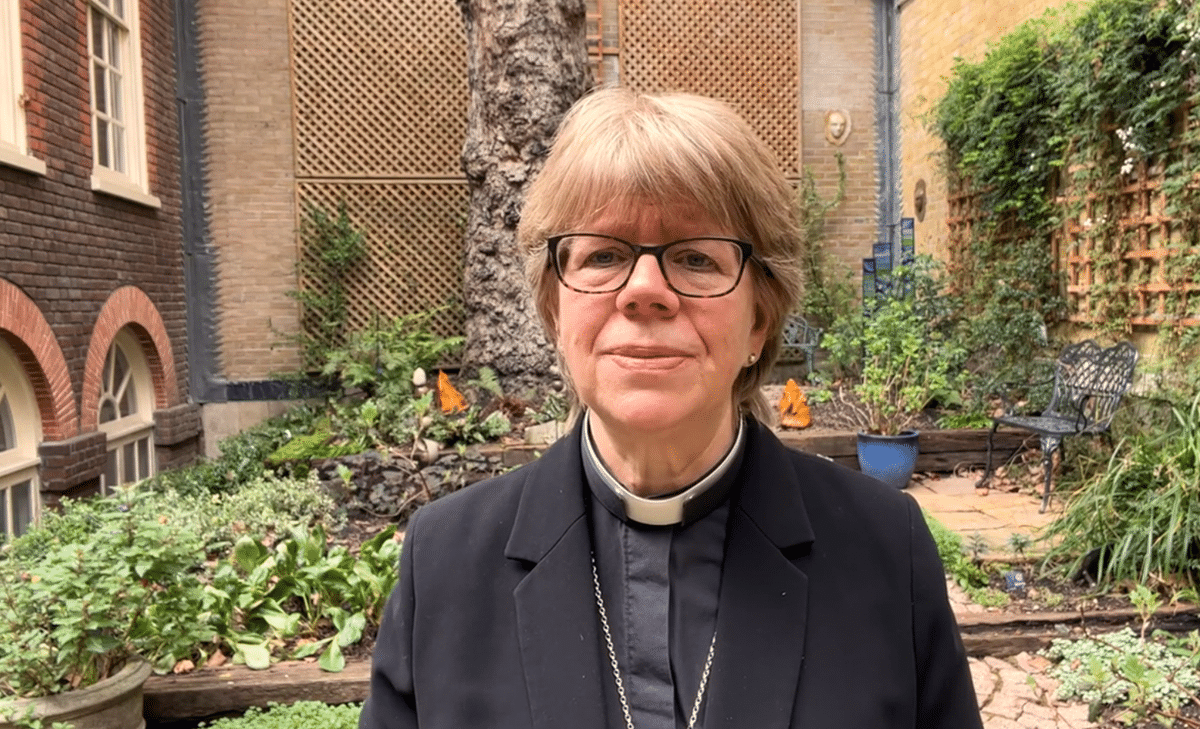A message for clergy, laity and LDF Staff from the Bishop of London.
A transcript of the video message can be read below.
‘So here we are once again, in Holy Week. As we journey with Jesus I’m thinking of all the voices which spoke into those extraordinary days leading up to the crucifixion.
The crowd on Palm Sunday, shouting ‘Blessed is he who comes in the name of the Lord’.
The chief priests and scribes, murmuring their plans to kill him.
The Greeks who came to Philip, saying, ‘Sir, we wish to see Jesus’.
The disciples complaining: ‘Why this waste of ointment? It could have been sold and the money given to the poor’.
The voice of Judas ‘What will you give me if I betray him to you?’
The voice of Jesus, ‘If I have washed your feet, you also ought to wash one another’s feet’.
The voices of the people, ‘Let him be crucified’.
Of the Roman centurion ‘Truly, he was the Son of God’.
Our days are lived in a clamour of voices. Depending on how we are wired, or just how we are feeling, we might find the clamour stimulating or confusing, exciting or frightening. But if we seek to follow Christ we will listen, always, for the voices that resonate with his life and his words, his love, his justice, his mercy and grace.
The voice of God is often unexpected. God speaking to Samuel came in the night and at first Samuel did not recognise him; God spoke to Elijah not in the wind or the earthquake but in the small voice of calm, in silence. After the resurrection, Mary only recognises Jesus through her tears when he speaks to her and calls her name, so that she turns towards him. Jesus on the beach, in one of the most powerful of the resurrection stories, tells his disciples not to be afraid, and asks Peter to care for his sheep.
Sometimes when the voice we hear is unexpected it brings a challenge. At other times it brings deep reassurance. Sometimes it completely transforms the way that we see things.
This Eastertide may we hear Jesus’s voice in the clamour. May we listen for him in those who are unable to pay their bills; those who are relying heavily on food banks; those who find all talk of death and resurrection deeply painful as they struggle with bereavement and loss. And those who live in places of conflict and torture who feel that their hope and longing for a welcome elsewhere is diminishing.
May we – and they – hear the voice which says, ‘Do not be afraid’. Not because there is nothing to fear, but because Christ is with us in and through all of it, including death and what lies beyond.’
